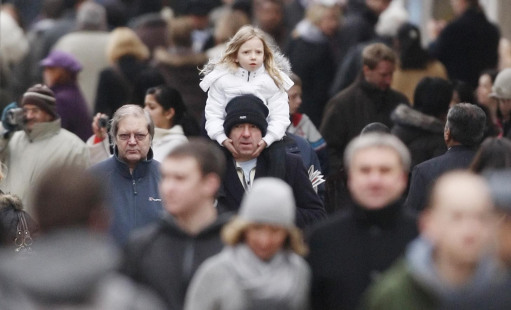Church of Scotland drives debate on independence

Churches across Scotland will be hosting public debates in the run-up to next year's referendum on independence.
The community meetings will bring together people of all faiths and none to envision what kind of Scotland they want regardless of the outcome of the vote on 18 September 2014.
Outlining the plans before the Kirk's General Assembly yesterday, the Reverend Sally Foster-Fulton said the level of debate had been so far "disappointing" and more about "political point-scoring" than engaging in a conversation about the important issues.
"This is a unique opportunity to imagine, mould and nurture a vision of the kind of country we want to be regardless of the outcome of the upcoming referendum," she said.
It is "vital", she continued, that the Church engages in the debate "because the decision made will impact not only us, but those who come after".
"The Church can help change the atmosphere by providing that safe space for people to unpack their ideas without fear of being sidelined or shouted down.
"Imagining Scotland's future is the job of all the people of Scotland and we can be party to making that happen."
Mrs Foster-Fulton said the Scottish Government needed to provide the public with more information and a "draft constitution" before they could make an informed decision about independence.
"Such a monumental change must be as transparent as possible and engaging with a draft constitution, if there is to be one, must certainly be available to the people who will abide by it," she said.
"A constitution captures the ethos of a nation and the shape of the relationships institutional and individual – to have these values embedded in a single document would be a huge change for Scotland, not necessarily right or wrong, but still a significant shift and we need to see what that change will look like before we vote to accept or reject it."
She went on to say that there was an opportunity for the Church and other faith partners to come together consider the place of religion in an independent Scotland.
"During this time of discernment, we in the church, along with our ecumenical and inter-faith partners, can offer something unique: as we consider what place religion and faith might have in an independent Scotland, we have the opportunity to create a model that welcomes diversity, celebrates faith and makes room for the influence and positive input that religious groups offer to the wider community," she said.











